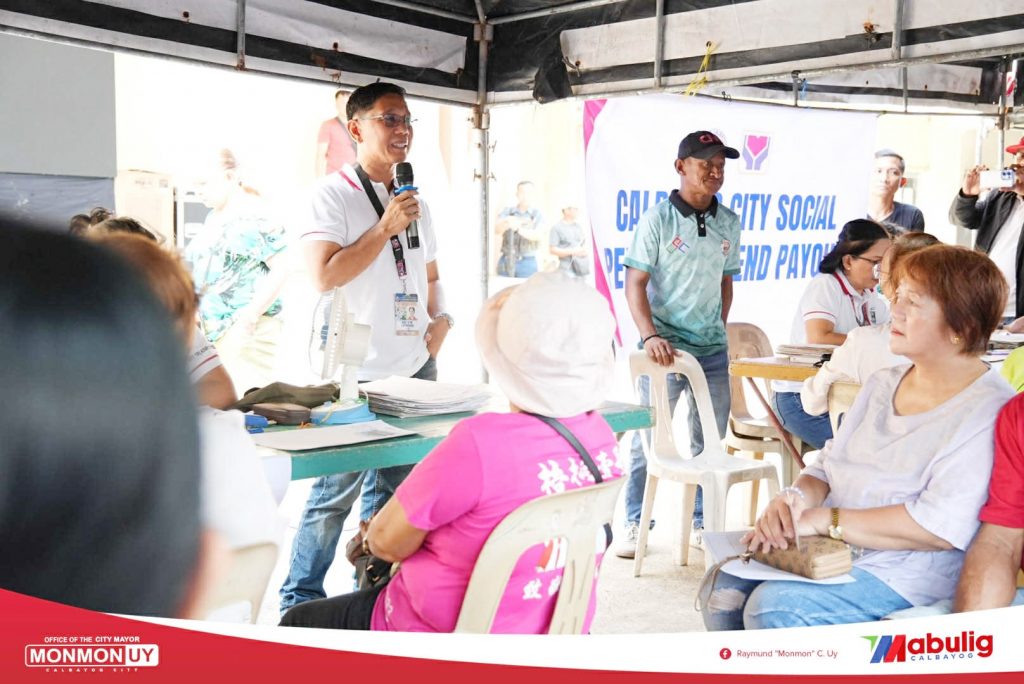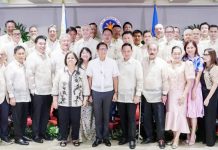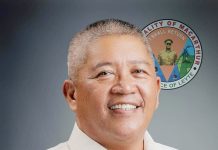
(CALBAYOG CITY INFORMATION OFFICE)
TACLOBAN CITY – In a move to expand social protection for the elderly, the city government of Calbayog has officially launched its localized social pension program, aiming to benefit around 10,000 senior citizens who are not covered under the national social pension program of the Department of Social Welfare and Development (DSWD).
Each qualified beneficiary will receive P500 per month, distributed quarterly at P1,500, to help meet their basic needs such as food, medicine, and personal care.
The initiative, championed by City Mayor Raymund Uy, was born out of concern for many local senior citizens who, despite their vulnerability, are not included in the DSWD’s existing pension list due to eligibility limits or funding constraints.
“Mentras may ada mga senior taga Calbayog nga diri nakakatagamtam, tatalinguhaun naton nga makatagamtam gihapon hira,” Uy said during the program’s launch on June 10.
“This may well be the legacy of this administration—ensuring that no elderly is left behind.”
To institutionalize the program, the Calbayog City Council passed an ordinance in March 2025, formally establishing the P500 monthly pension for eligible senior citizens who are residents of Calbayog and members of accredited senior citizens’ associations, but not currently enrolled in the national social pension program.
In a show of compassion and inclusivity, Mayor Uy also directed the City Social Welfare and Development Office (CSWDO) to personally deliver the cash aid to bedridden or homebound beneficiaries. These home visits will be accompanied by City Health Office personnel to check on the health status and needs of the recipients.
The localized pension program reflects Calbayog’s commitment to supporting its aging population, especially those who fall through the cracks of national government assistance.
The program is expected to not only provide relief to the elderly but also promote dignity, inclusion, and improved quality of life among one of the city’s most vulnerable sectors.
(ROEL T. AMAZONA)



